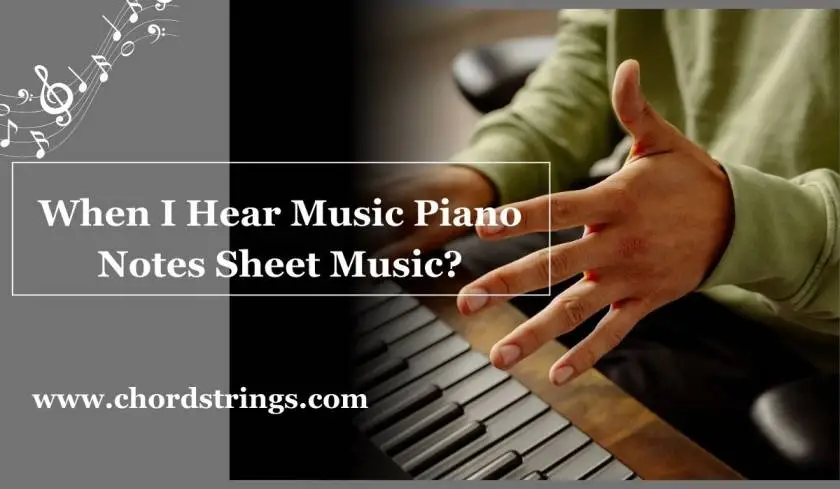 We are not machines, but we are surrounded by them. We’re an warmed-over species who have surrounded ourselves with technology too ramified for most of us to understand. Our society has embraced burnout-inducing narratives that coerce us into thinking we can unchangingly do more, work harder, be better. But we are not machines. We are infinitely increasingly complex.
We are not machines, but we are surrounded by them. We’re an warmed-over species who have surrounded ourselves with technology too ramified for most of us to understand. Our society has embraced burnout-inducing narratives that coerce us into thinking we can unchangingly do more, work harder, be better. But we are not machines. We are infinitely increasingly complex.
The keystone of Danny Mulhern‘s beautiful, psychosomatic album†Singing Through Others is the title track. Nora Bateson, poet and philosopher, calls on us to consider one speciality of our humanity that separates us from machines: our resonances.
Knowing that the way the conversation went at dinner
Will resonate into the children’s way of stuff in matriculation tomorrow
How they finger well-nigh themselves
Resonating into their friends’ families
Resonating into their resonances
It matters
Every note
Lands in a teapot of other notes
What are they brewing?
Is it integrity?
Those relationships are making increasingly relationships
What have I contributed?
How is the ring of my stuff singing through others?
As she speaks, her voice triggers a reverb hazed keyboard, which itself triggers computer beeps and boops, subtly reminding us of the world we’ve created for ourselves.
This is an tome well-nigh how to be human to other humans in a world of machines. The opening track, “Cloud Cuckoo”, joyfully flings virtually computer noise surpassing the exquisitely played strings of the London Contemporary Orchestra enter to sweep us off our feet, making our hearts yearn and sing. The dialogue between the string sections and the later woodwinds shows us the unassailable humanity of our species, but the ever-present electric glitch hold us in context. It’s full of warmth and hope, and the optimism continues in “A Different Kind Of Blue” which centres a gorgeous trumpet solo (unsurprisingly, considering the referential title.)
Danny Mulhern is a thinker. An zippy member of the Rebel Wisdom community, he’s got a deep interest in philosophy and the modern world. He creates the same moments of optimism, sometimes plane moments of lightness and fun (“Woodlark”, “Porcelain”), but he’s moreover clear-eyed well-nigh the financing (“We Are Not Machines”, “The Fertile Night”). This may be a psychosomatic tome but it’s moreover full of trappy musical moments: he’s got a wonderful ear for melody and a real talent for orchestration, evidenced by the skilful way he forefronts the diverse talents of the LCO (this is the fourth time he’s worked with the orchestra and it’s well-worth checking out their previous collaborations on 1631 Recordings). In 2018 he soundtracked the critically well-known Hollywood movie What They Had. The printing release tells us that this prompted him to examine the motivations overdue his work, leading to 2020’s Flow States which, as he details in this interview, helped him to rekindle his love of music through collaboration. Collaboration is working together, stuff generous with one flipside while staying true to oneself. We have the opportunity to do it every day and, to refer when to Nora Bateson, the way we do it matters.
So take a moment to listen, and to ask yourself: how is the ring of my stuff singing through others? †(Garreth Brooke)




